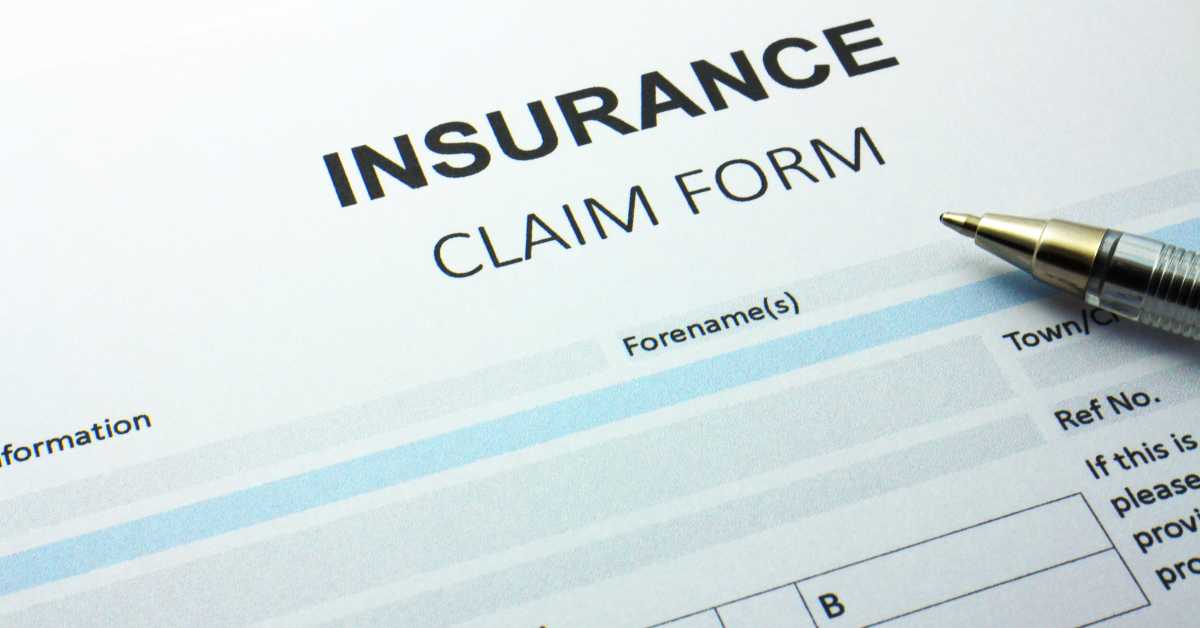So, you’ve filed an insurance claim, and the insurance company is giving you the runaround regarding your claim. Sadly, this is an all-too-common scenario. The insurance company wants to avoid paying you so naturally, it will do everything possible to avoid doing so.
Insurance companies must act in good faith under Texas law, but not all do. If you suspect your insurance company is acting in bad faith with regard to your insurance claim, reach out to an attorney with McLaurin Law now for legal advice about the prospects of your case.
What Does It Mean for an Insurance Company to Act in Bad Faith?
Insurance companies must act according to an implied covenant of good faith and fair dealing, often simply shortened to “good faith.” This means you agree to pay your monthly premiums, and, in return, in the event you have an insurance claim, the insurance company agrees to act in good faith when investigating, adjusting, and settling, or paying out your insurance claim.
Some insurance companies breach that agreement or act in bad “bad faith” when handling your insurance claim. Why would an insurance company do this? It’s simple: The insurance company doesn’t want to pay your claim. And, if it must pay, it would prefer to give you as little money as possible.
Insurance companies act in bad faith by resorting to the following tactics:
- Refusing to pay a valid or properly-covered claim
- Denying your claim without good cause
- Undervaluing and underpaying your claim, attempting to pay you less than you’re rightfully owed for your claim
- Failing to conduct a reasonable, good-faith investigation of your claim
- Unreasonable delaying processing of your claim (for instance, “losing” your paperwork)
- Misrepresenting policy language
- Refusing to pay for all covered damages
If your insurance company pulls any of these tricks, you may have a bad faith claim against your insurance company.
Types of Compensation You Can Recover for Bad Faith
The law is on your side if an insurance company acts in bad faith. You can seek compensation in the form of contractual damages, extracontractual damages, punitive or exemplary damages, and attorney’s fees.
Contractual Damages
Contractual damages are the amount you’re rightfully owed in payment for your claim pursuant to the provisions of your policy and the law.
Extracontractual Damages
Extracontractual damages include damages for bad faith conduct and non-prompt processing of your claim. This may include interest on that amount rightfully owed to you for your claim. For instance, if the insurance company denies your $25,000 claim, they may have to pay you the full amount of the claim, as well as interest on that amount. In some instances, you may be entitled to recover damages for mental anguish you suffered as a result of the insurance company’s bad faith conduct in handling your claim or bad faith denial of your claim.
Punitive or Exemplary Damages
Punitive or exemplary damages are those the jury or judge may award you to penalize the insurance company for its bad faith conduct in handling and settling your insurance claim if you’re able to show that the insurance company acted knowingly or deliberately.
For example, if you can show that the insurance company knowingly or deliberately denied your claim on the basis that it is not covered, even though it is reasonably clear that your claim, in fact, is covered under your policy, the jury may award you punitive or exemplary damages of up to three times your actual damages.
Contact McLaurin Law If You Believe the Insurance Company Acted in Bad Faith
Insurance companies have far deeper pockets than the average person. If you have a bad faith case, trying to stand up to the insurance company on your own is unwise. Instead, let our attorneys at McLaurin Law tackle this challenge for you.
For a consultation, call us at (713) 528-8012.



